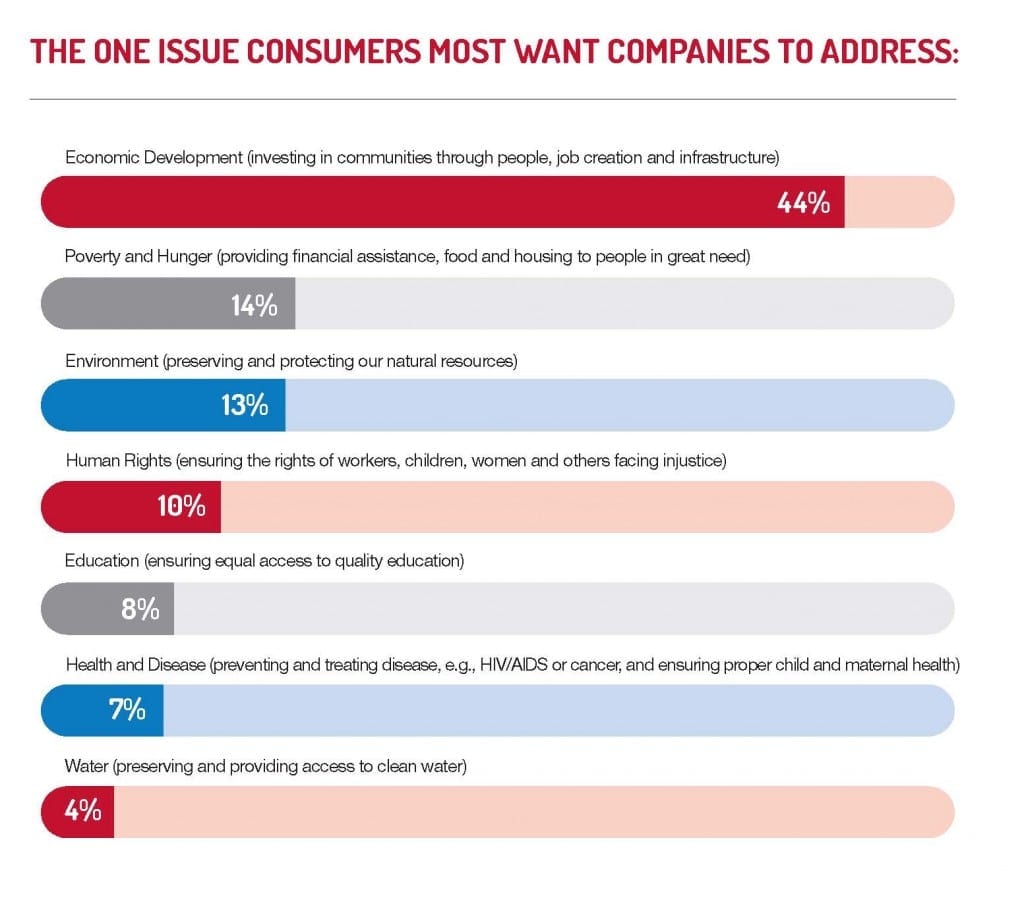
▶ A Catch-22 For Big Data: Data is proving to be an effective tool for PR execs eager to improve their measurement capabilities. However, 70% of executives indicated that there remains a lack of real-time access available to leverage the precise data needed, according to a recent study from BusinessIntelligence.com and Domo.
The study, which took the pulse of 300 executives (197 of them CEOs), found that data is still not widely embraced because of all the information now available tends to be convoluted (not to mention that many of these computer data programs still don’t know how to talk to one another, which can make for an exercise in frustration).
Other studies have shown that information overload is a negative side effect from the “Big Data” phenomenon. Some of the nuggets from the Domo/
The BusinessIntelligence.com/Domo survey showed that:
• Nearly three-quarters (74%) of respondents are getting their data through multiple, unconnected sources while more than half of the respondents said they would prefer to consolidate the data into one integrated dashboard.
• Data is still not easily accessible on mobile devices, according to 72% of respondents.
• Only 8% of the CEOs who were questioned believe that data reports facilitate collaboration.
Source: BusinessIntelligence.com, Domo
▶ Consumers Seek
More From Brands: A majority of consumers (90%) said that they think brands need to do more to effectively market their products, per Edelman’s recently released Brandshare study.
Edelman gauged consumers to get their thoughts on how brands are doing with shared dialogs, shared experience, shared values, shared goals, shared product and shared history.
Here are some of the results:
• An astonishing 91% of respondents suggested they would like to have serious input on the design and development processes for products.
• Shared values reported to have the highest unmet demand, according to 92% of respondents.
• Nearly half (47%) of all respondents want brands to be more transparent on how brands are sourced and manufactured.
• Only 43% indicated that they wanted brands to do more to give back to their communities.
• Another strong majority (91%) of respondents want brands to enable them to reach their personal goals. PRN
Source: Edelman
Cone Communications’ Social Impact Study shows that consumers are eager to align themselves with companies that engage in corporate social responsibility (CSR) programs. According to the study, 84% of respondents said they would tell their friends and family about a company’s CSR program while 88% of respondents said that, given the opportunity, they would buy a product if it could somehow make a social or environmental impact. Conversely, 88% also said they would stop buying products from a company if they discovered the company practiced irresponsibility or deception.
